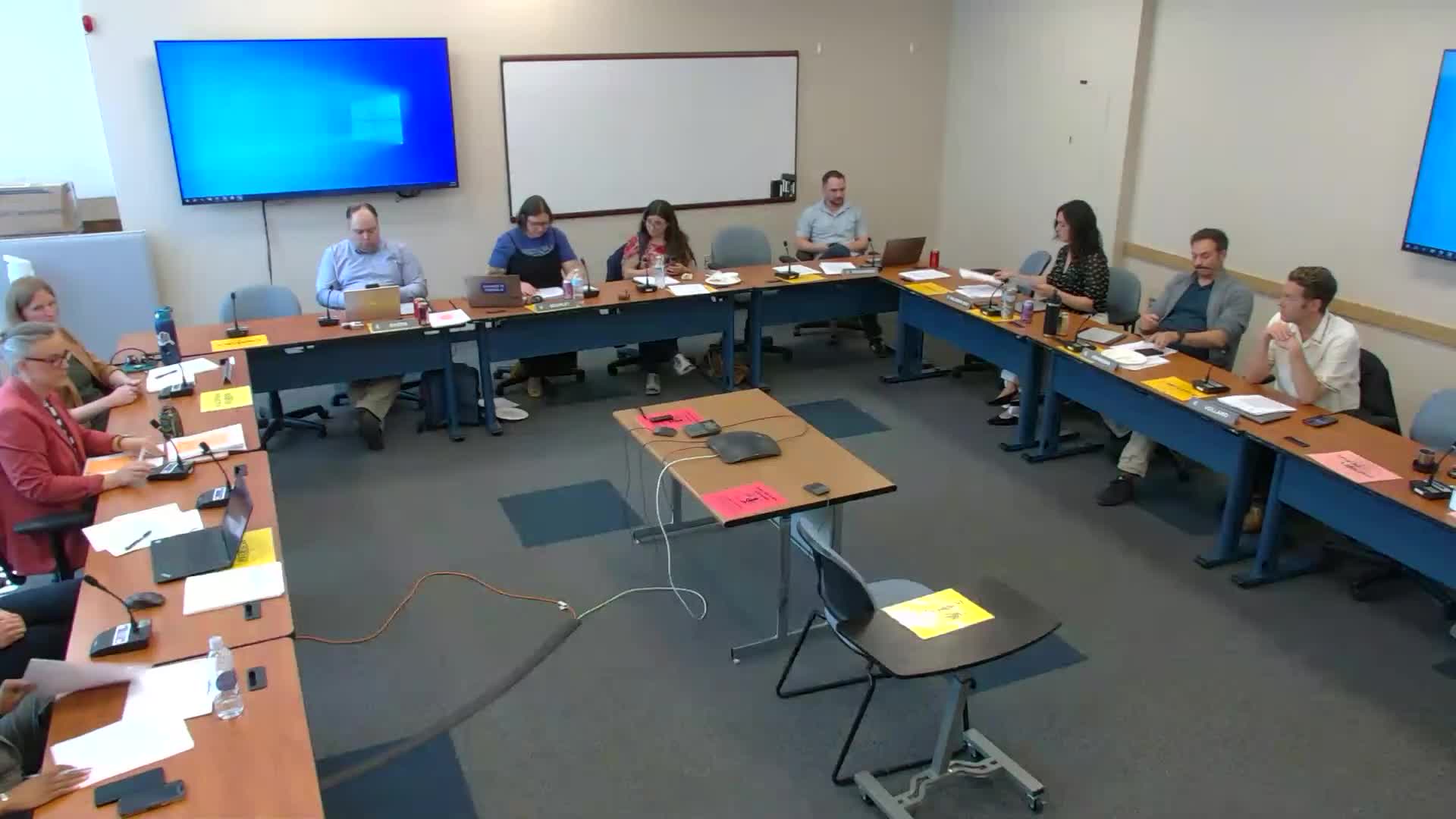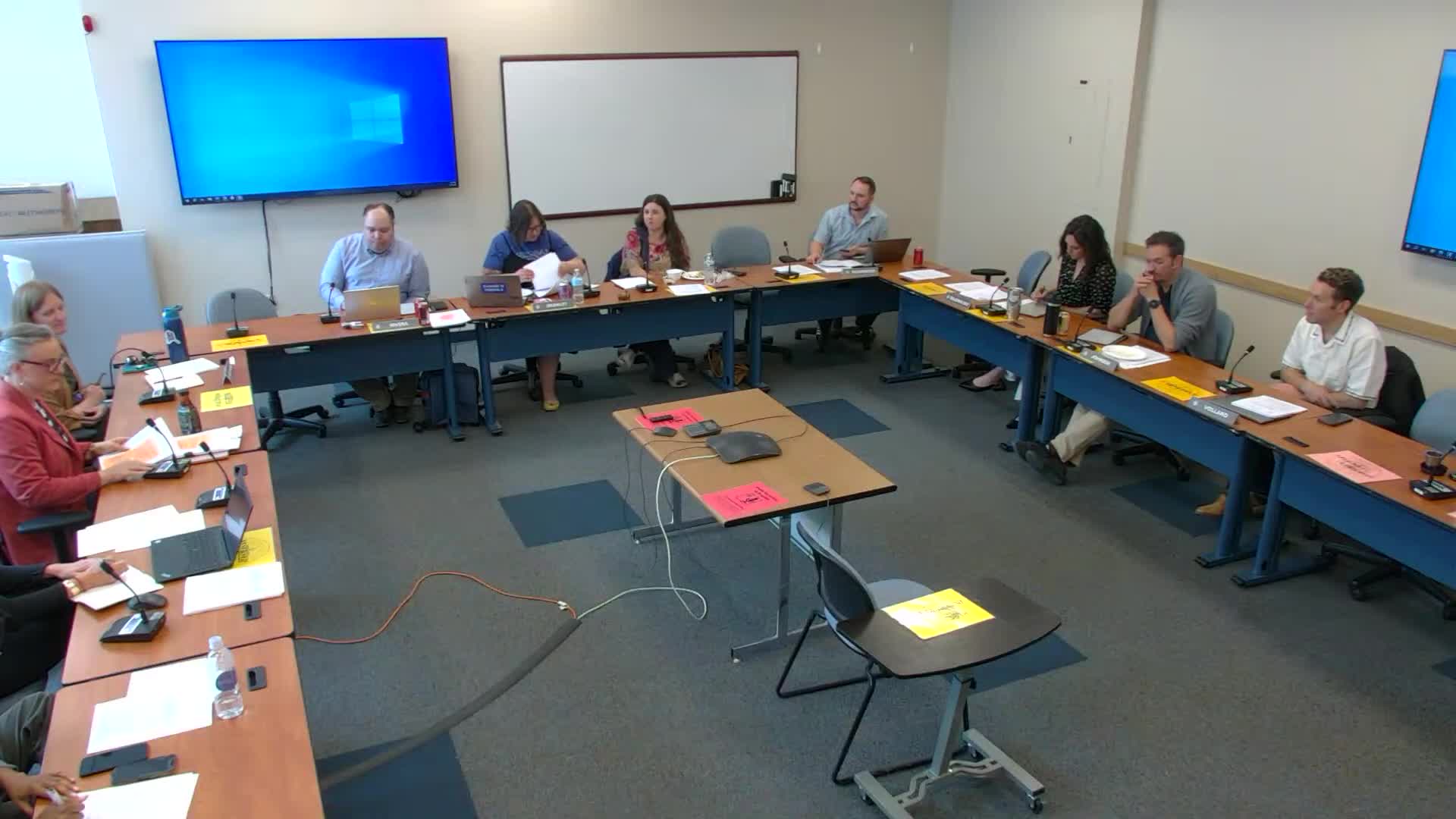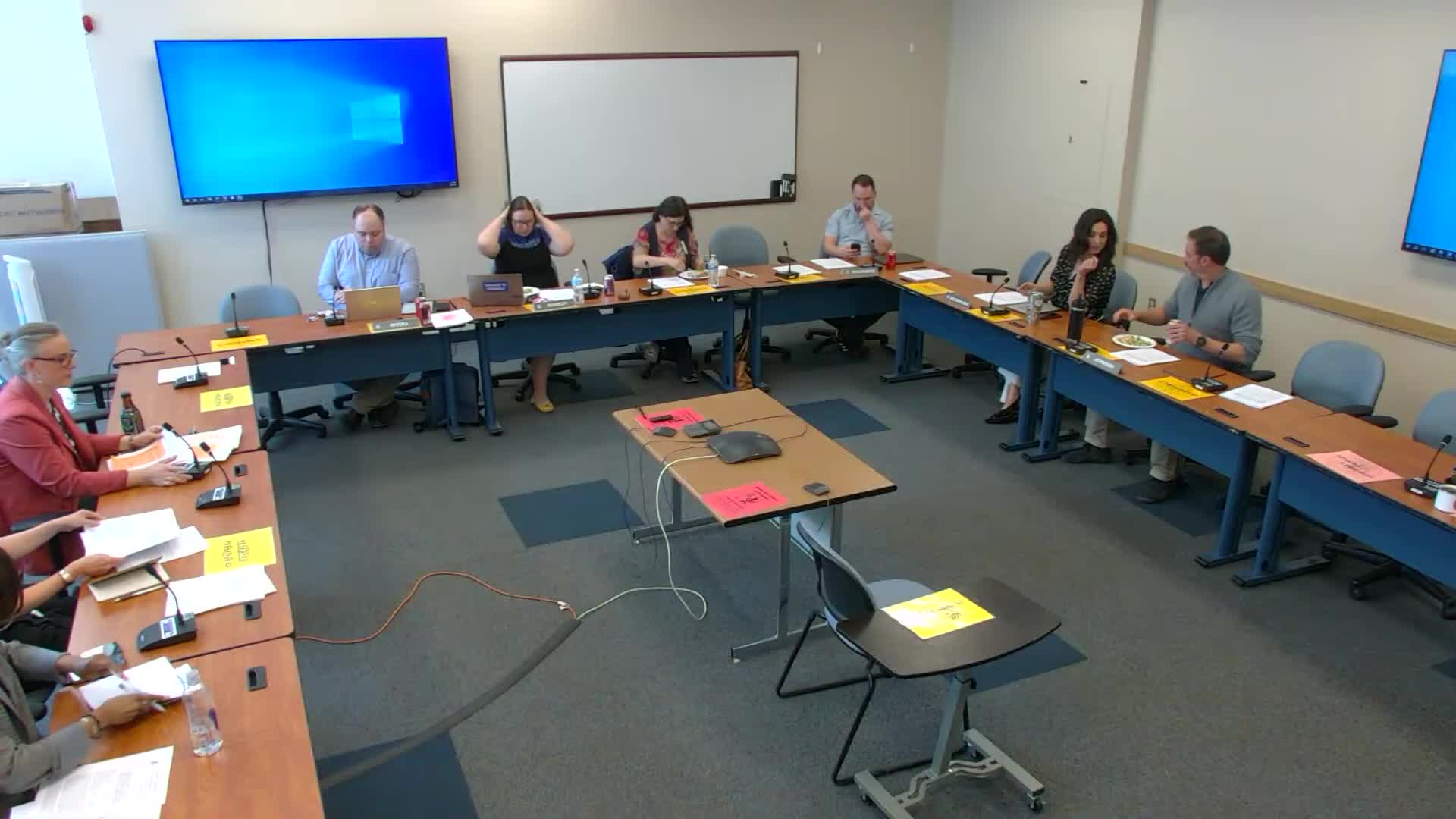Article not found
This article is no longer available. But don't worry—we've gathered other articles that discuss the same topic.

Assembly to Consider $2.4M Opioid Settlement Appropriation for Narcan, recovery residences and micro‑units

Administration Recommends MASH for 100‑bed Noncongregate Contract; State Grant to Fund Six‑and‑a‑Half Months

